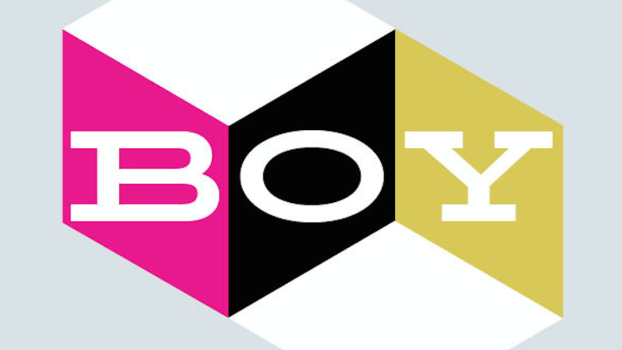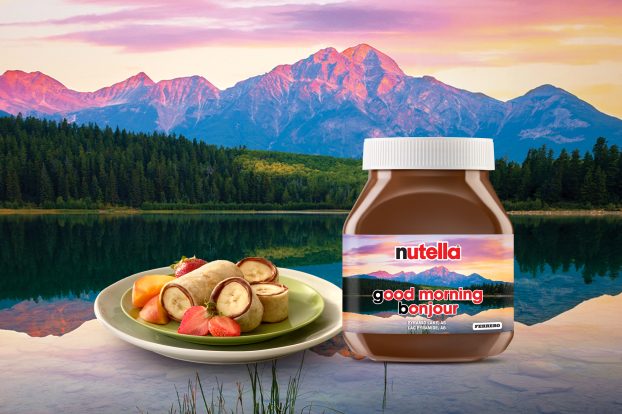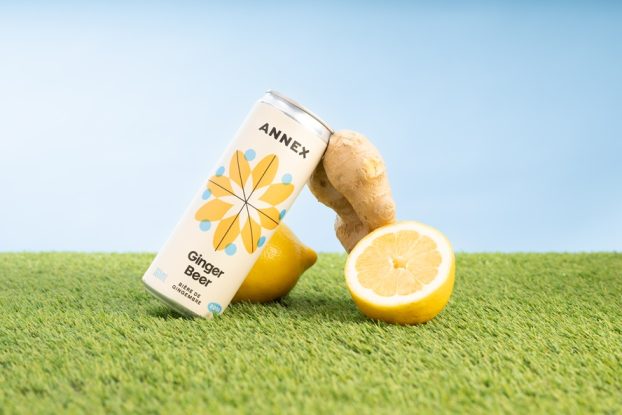Corby Spirit and Wine weathered the impact of a global pandemic and the other challenges of 2020 relatively well.
With a brand portfolio that spans J.P. Wiser’s, Lot No.40, Ungava Gin, The Foreign Affair winery and many others, a substantial share of Corby’s business is conducted on-premise through bars and restaurants, which were hit hard by lockdowns. But the company still reported in September revenue of $153.4-million, up 2% over 2019, and a net earnings improvement of 4% to $26.7-million. That’s in addition to helping establish a fund for hospitality workers impacted by the pandemic and converting its Windsor-based Hiram Walker and Sons distillery to produce sanitizer for frontline and health care workers.
And looking ahead as the pandemic lingers on, Nicolas Krantz, Corby’s president and CEO, has spotted a growth opportunity in a relatively underdeveloped area for the category: online sales.
Krantz, a long-time industry executive who joined the company in July after working in Spain, France, Australia and elsewhere with Corby affiliate – and global No. 2 player in spirit and wine – Pernod Ricard, spoke with strategy about what he sees as an important piece of the industry’s future here in Canada.
You’ve spent a substantial amount of your career working in Europe. How does the Canadian market compare with respect to ecommerce?
It’s very developed [in Europe]. It’s interesting, because a few years ago people thought wine and spirits were not a great category to be sold through ecommerce. That’s not the case — it’s a very relevant channel.
Coming to Canada, it’s clear the channel is very small, but the pandemic has already stimulated a lot of consumers and we have seen amazing growth out of the direct-to-consumer [channel]. You can sell through ecommerce if you have a distillery or winery, so we are experiencing that a little bit, but also our customers are doing well with their digital platforms. I have no doubt that this channel will be here in the future. We know in Canada, things will have to transform from a regulatory point of view, but the consumer is taking the test of that convenience aspect.
How is Corby capitalizing on this growth opportunity?
We, as a business, are going to organize ourselves in the next few weeks and months to be able to accelerate that opportunity. It’s not a channel where anyone is leading at the moment, so we’re going to be doing our best to try and lead the way. We’ve seen some products [selling out] in a matter of minutes or 24 hours, so that’s quite exciting for the team.
In the short term, we’ve been able to maximize the opportunity through the sites we already have. We have a small winery in Ontario, The Foreign Affair, where ecommerce sales have boomed over the last few months [by] triple digits — it’s fantastic.
Looking into the future, [it’s going to come down to] packaging, the right organization and, to be frank, putting the right resources behind the opportunity. This is what we’re doing now. We’re looking at the size of the prize, we’re looking at how to connect with consumers, and packaging something that will be there more for the long term. I’m convinced that, though we hope the pandemic will be gone, this will be a channel that will continue to grow. There must be a way to do it in a beneficial way for all stakeholders.
On-premise sales are a large part of Corby’s business. How will an emphasis on e-commerce affect that channel?
It’s new territory. With the pandemic, we’ve seen cocktails-to-go at restaurants and wine being purchasable when you order takeaway. That will absolutely become a part of the repertoire in the future. Today, people don’t think about that as much, but I think if you want to buy food online, the drinks will be a part of that. It will be across both channels.
How will consumers benefit from shopping for spirits and wine online?
I believe, personally, it’s a great thing, because you can navigate in different categories and read reviews. Sometimes, buying things can be a bit more intimidating when you go into a shop and need to ask someone about them, but you don’t dare to ask or don’t want to hang around too long. On the web, you can do all of that from the comfort of your home, and you have access to so many more resources.
For us as a business, it’s an endless way to connect with consumers. The spirits industry is sometimes a bit category-driven, that’s true. But I think the consumer is not buying a product just for the category – it’s also for the occasion. The occasion should drive the theatre. In store, that’s more complicated to do. On e-commerce, you can really promote the right way, and educate consumers about how these products can be consumed the right way and accompany the great occasions in life.
What’s the greatest barrier keeping people from shopping online right now?
From the player’s point of view, it’s [regulation]. You need to have a production site [in order to sell the products you produce online]. But the other aspect is, quite frankly, the logistics. The logistics in Canada are not yet well organized for it. There’s a job to do throughout the value and distribution chains.
You can’t structure something where the consumer has their goods in two weeks. That doesn’t work. It doesn’t need to be instant gratification, but if a person wants to buy a nice bottle of wine or whisky for the weekend, it needs to arrive for the weekend and not in two weeks. I think the whole chain needs to be organized for that. That’s when it will become… a channel like any other.
This interview is part of a series for Strategy C-Suite, a weekly briefing on how Canada’s brand leaders are responding to market challenges and acting on new opportunities. Sign-up here to receive the latest stories.
The interview has been edited for length and clarity.

























